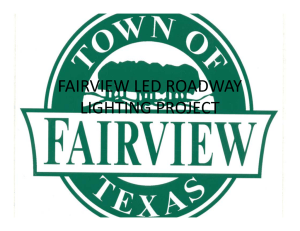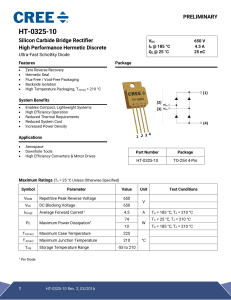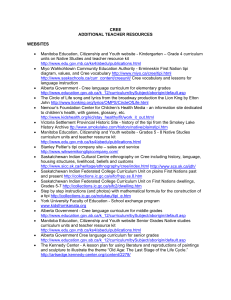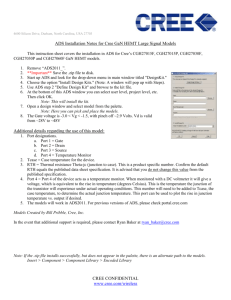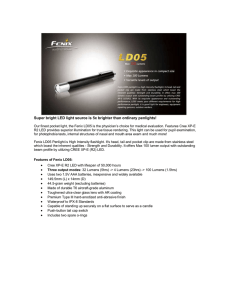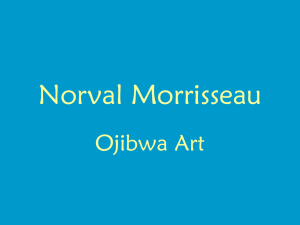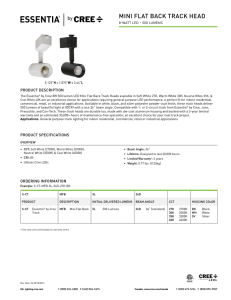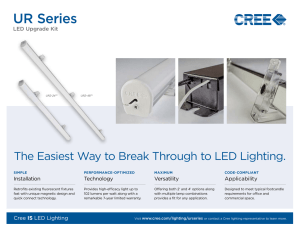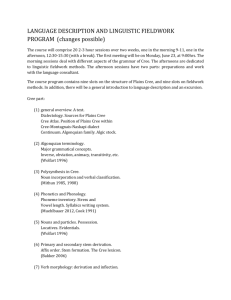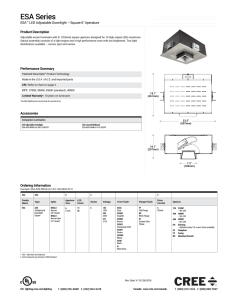Organisation de la santé publique dans la Région des
advertisement
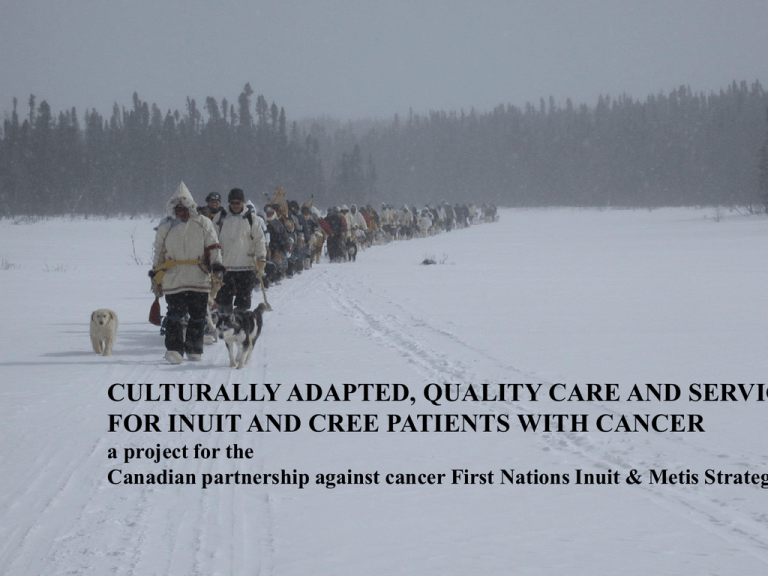
CULTURALLY ADAPTED, QUALITY CARE AND SERVIC FOR INUIT AND CREE PATIENTS WITH CANCER a project for the Canadian partnership against cancer First Nations Inuit & Metis Strateg August 2003 1 Nunavik Regional Board of Health and Social Services Cree Board of Health and Social Services of James Bay Ann Marie Awashish Anne Foro Marcellin Gangbè Pierre Lejeune Jill Elaine Torrie with Region 17 partners August 2003 2 Scope of the project A joint project of Nunavik Regional Board and Cree Board of health : • highlight cancer as an issue with targeted plans and evaluated activities • a organisational structure for cancer services which links our plans and activities into other networks; • Improvement of the patient journey through a focus on developing cultural aspects of services and by better coordinating the Cree Health Board and other levels of care • Improvement in the organisation and quality of care and number of cancer services available within our region and throughout the entire patient journey with cancer. 3 Partners Nunavik Regional Board of Health and Social Services (Region 17) and the Cree Board of Health and Social Services of James Bay (Region 18) •Our services at the local levels in each region •Our communities •RUIS (Integrated University Health Network) McGill – our 2nd and 3rd line services •Direction québécoise de cancérologie of the Ministry of Health and Social Services 4 August 2003 5 What we’ve done to date Planning Phase start early October to end Jan – Nov 15 Proposal 33 pages – Jan 16 Additional information 23 pages – Jan 31 (Feb 11) State of the situation 74 pages Project phase: February 2014 to 2017 6 Focus of the planning documents Proposal – – – – Issue Target population Plan Management capacity State of the situation report – Focus on the patient journey, community support and services used (100 interviews) 7 What will the project do • Set up an organisational structure for managing and coordinating cancer services • Develop a regional cancer plan • Improve service coordination all along the continuum of care • Increase the offer of cancer care and services at the local level • Make care and services offered to patients more culturally adapted 8 August 2003 9 Make care and services offered to patients more culturally adapted • Professionals who would like tools to better do their jobs • People who come to work in the region and are in contact with patients in the south have little if any cultural awareness • People who act as interpreters • Communication issues for the person with cancer 10 Assumption • that the person doing the interpreting is fully able to do it when the language experts in Eeyou Istchee do not know the terms themselves. 11 Assumption • that a family escort in an emotional situation will understand technical English 12 Assumption • that the patient understands English well enough to understand a diagnosis and make choices based on that understanding 13 Assumption • that the beneficiary attendants are fully-competent interpreters and also patient navigators 14 Need for a technical vocabulary Needs assessment within the Health Board Who is doing the interpreting? What are the situations where there is no one to interpret? What tools would help to facilitate communication? Needs of Allied Health are being identified already 15 Partners Cree Language Commission Nishiyuu People doing the interpreting 16 August 2003 17
